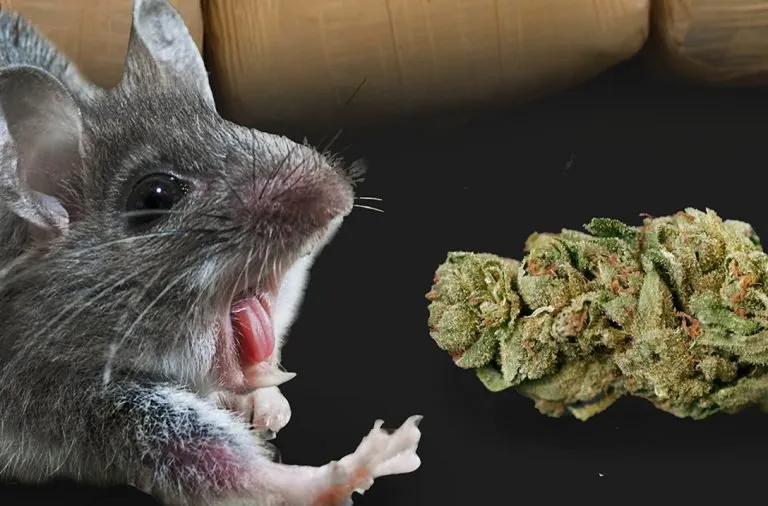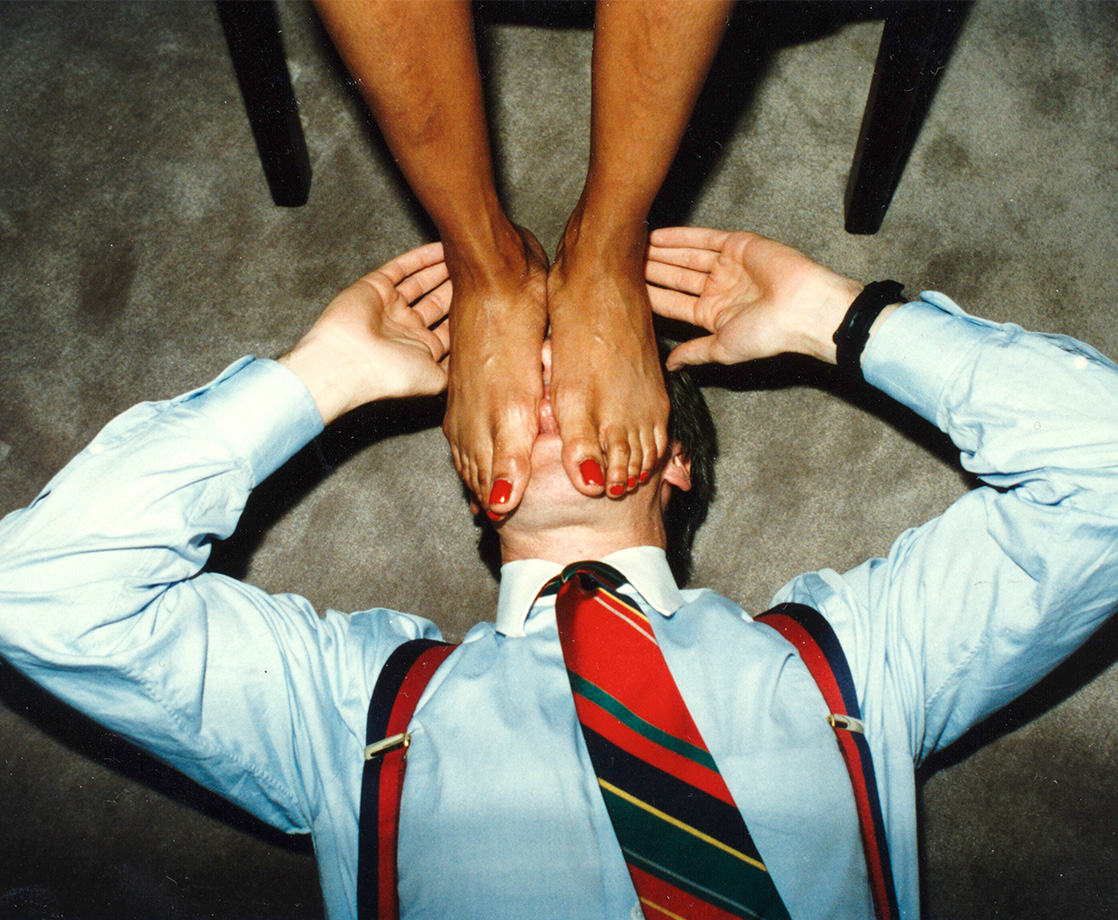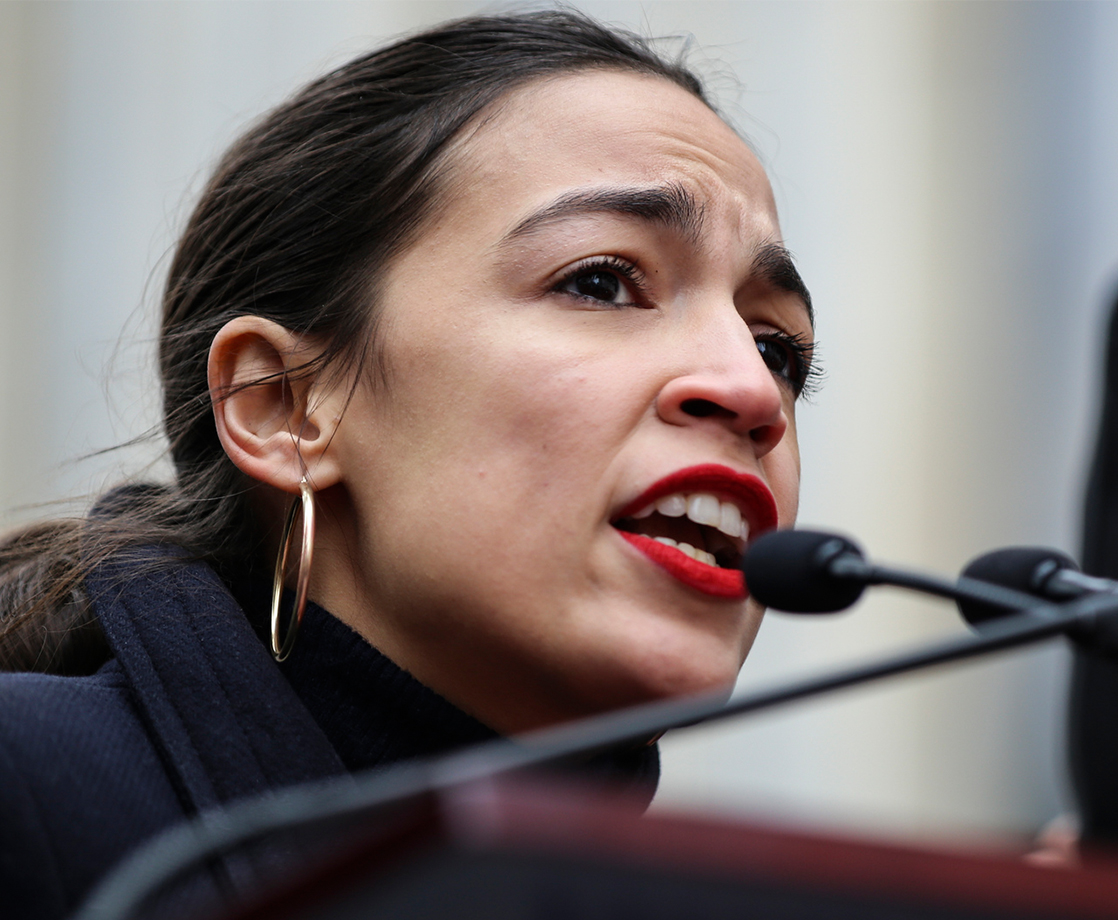Image via
The US Department of Veterans Affairs (VA) is still carefully following the growing field of research into psychedelic medicine. And even more notably, officials may even take steps to protect veterans who wish to use this medicine before it becomes federally legal.
Ilse Wiechers, deputy executive director of the VA Office of Mental Health and Suicide Prevention, discussed the department’s current stance on psychedelics at a recent webinar. Wiechers explained that VA officials are keeping a “close eye” on the current state of psychedelics research and are also working on “thoughtful plans around how to move things forward regarding both our policy and ongoing research,”” Marijuana Moment reports.
The field of psychedelic research has absolutely exploded over the past decade. Hundreds of new clinical research studies have confirmed that psilocybin, LSD, and other federally-banned drugs can treat depression, anxiety, PTSD, and other mental health issues commonly experienced by combat veterans. Based on the strength of this research, the FDA is working towards legalizing psilocybin- and MDMA-assisted therapy, which may even happen this year.
This isn’t the first time the VA has expressed interest in this new field of research. In 2021, researchers from the VA Rocky Mountain Mental Illness Research Education and Clinical Center for Veteran Suicide Prevention told Congress that the VA department was closely following their research. And when the FDA approved ketamine for treatment-resistant depression in 2019, the VA quickly allowed its members access to this powerful new therapy.
The VA has been far more amenable to psychedelics research than it has been towards cannabis, despite overwhelming clinical evidence that weed can also treat chronic pain, depression, and other conditions commonly experienced by veterans. The department formerly refused to accept that weed had any therapeutic value, and officials have denied benefits to vets who used medical cannabis or worked in the weed industry.
The department recently reversed course on some of these decisions, however. According to a recent report, the VA is finally updating its cannabis-related directives. These revised guidelines clarify that veterans enrolled in state-legal medical marijuana programs are no longer at risk of losing their benefits. VA doctors will also be allowed to discuss cannabis with their patients, but they will still be prohibited from writing recommendations for medical pot.
Wiechers suggested that the VA may also create similar protections for veterans who use psychedelics. Like the cannabis guidance, this proposal could prevent veterans who participate in psychedelic-assisted therapy from losing their benefits. And surprisingly, officials may consider offering these protections regardless of whether people are “engaging in this recreationally or if they’re engaging it in a therapeutic setting and receiving this treatment elsewhere,” Marijuana Moment reports.
“That’s something that we have to think about carefully and probably move the needle on that guidance sooner rather than later because I know when we when we established that guidance for medical cannabis use, it really helped open up the communication again between many of our veterans and our providers, and I want to ensure that we can continue to do that in this space as well,” Wiechers added. “I think ensuring that we have some clear guidance, that may be one of our next steps to get that in place so we have those protections for our patients and our providers.”











